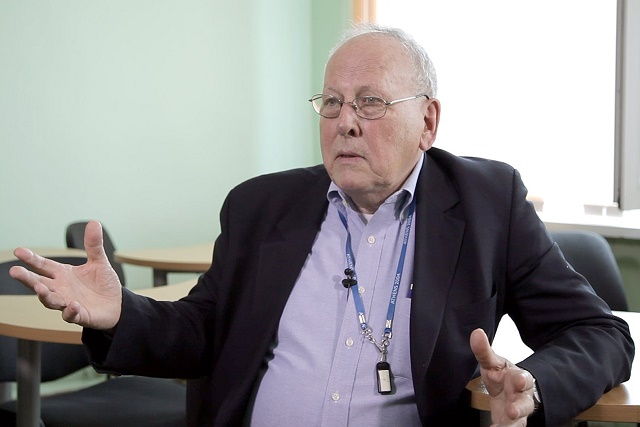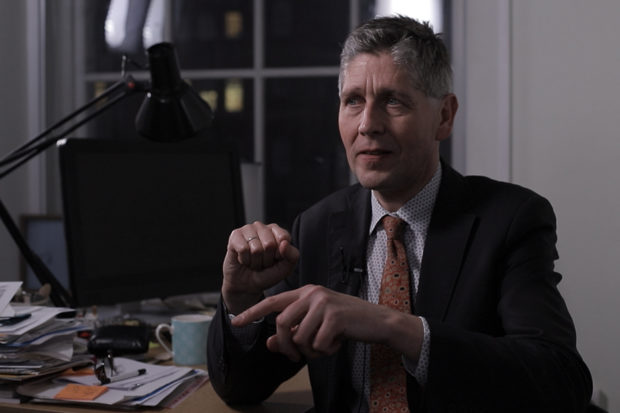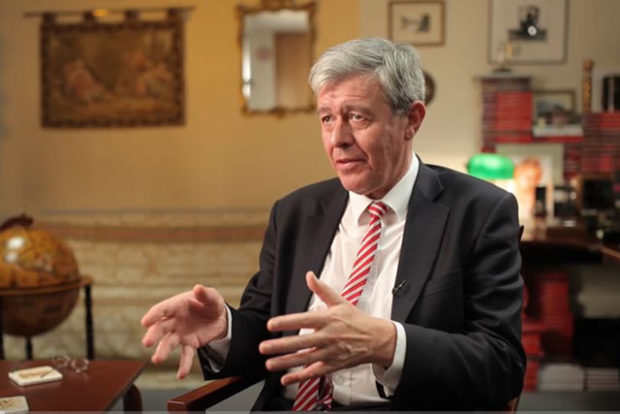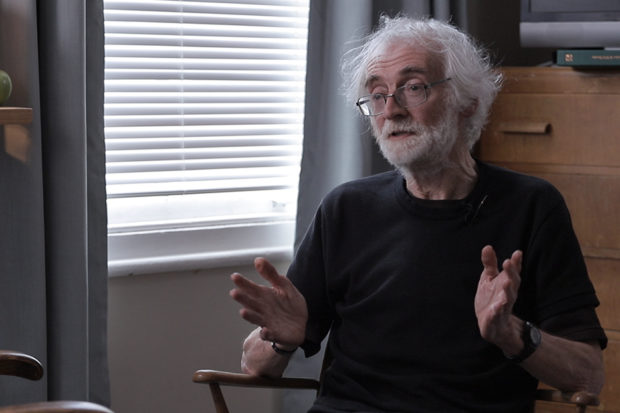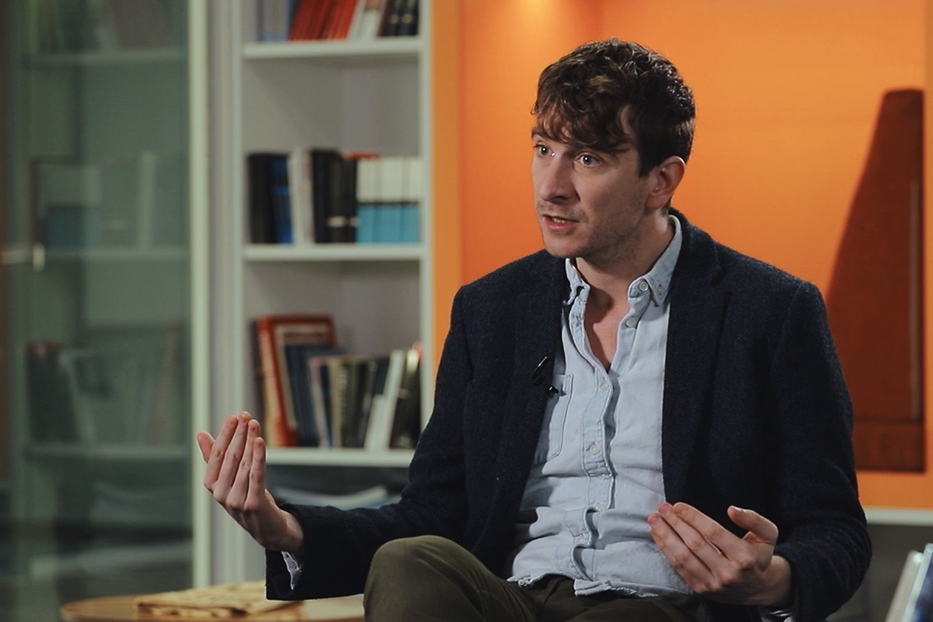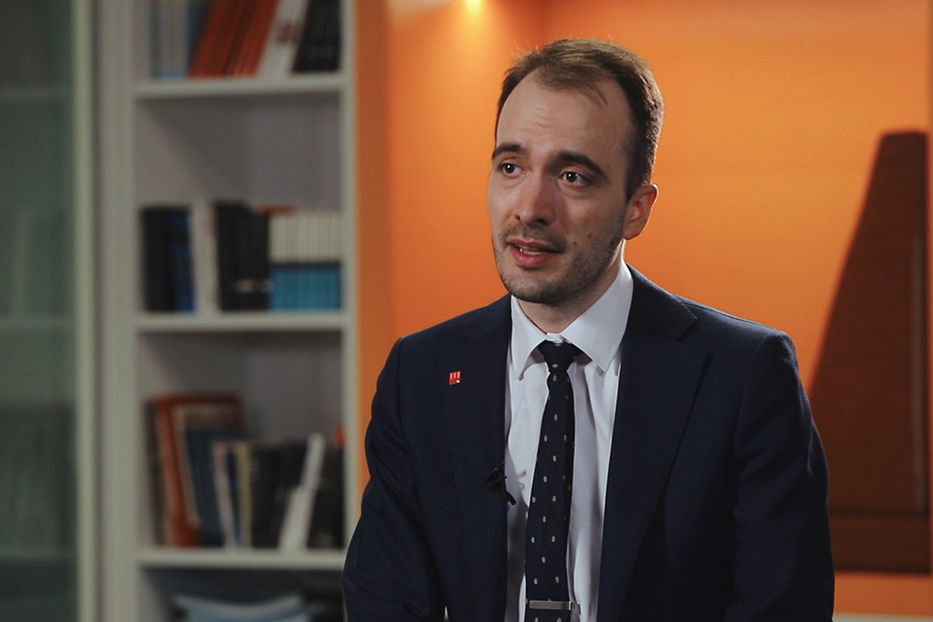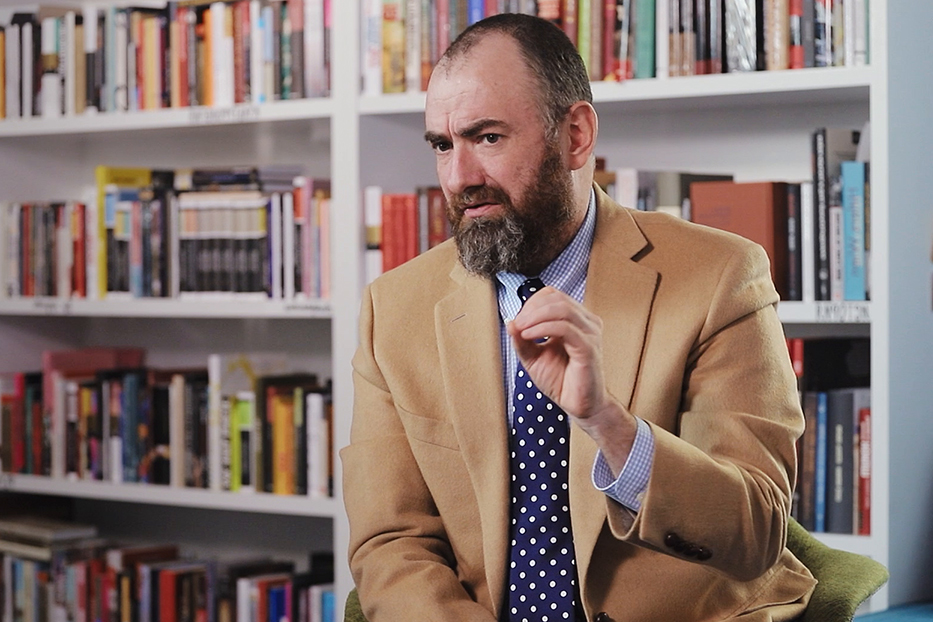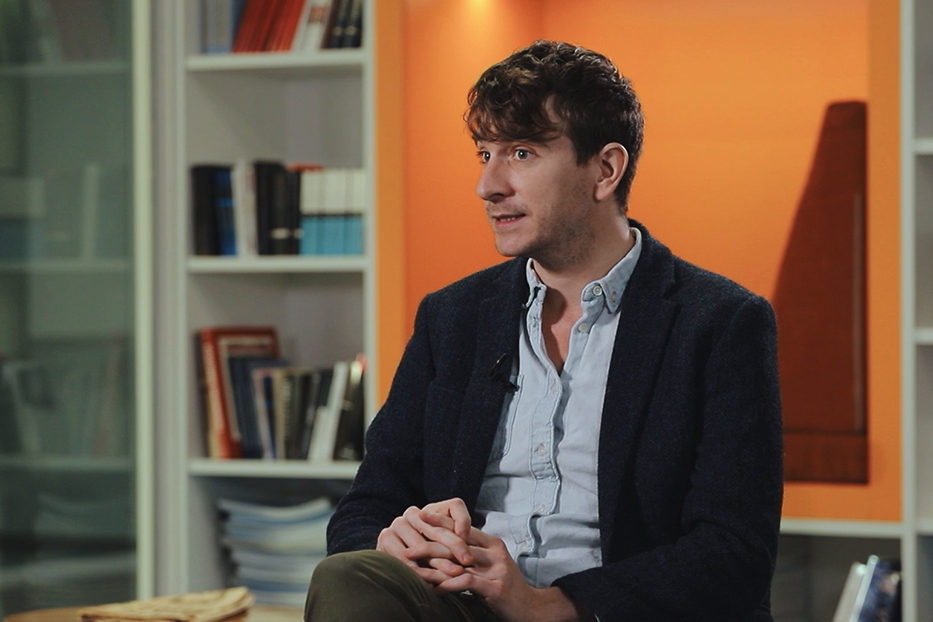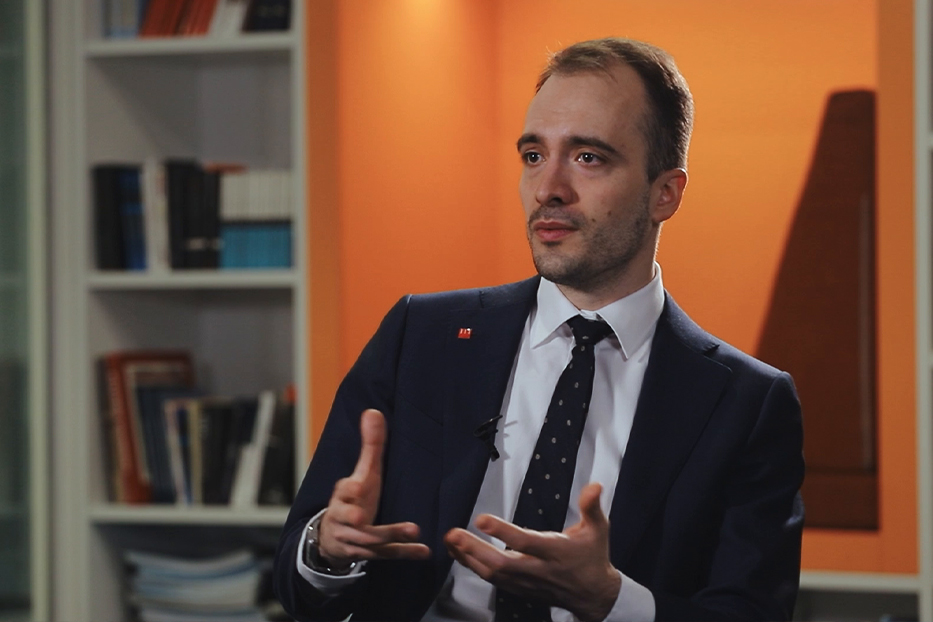Before Command: The Russian Economy from Emancipation to Stalin
Historian Paul Gregory on the agrarian crisis hypothesis, smychka, and the agricultural performance of Siberia
videos | September 3, 2015
What was the fastest growing agriculture in Europe in the beginning of the 20th century? What may be wrong with earlier theories about the economic causes of the Bolshevik revolution? What would have happened to the Russian economy if the October revolution had not occurred? These and other questions are answered by Research Fellow at Hoover University Paul Gregory.
“Before command” describes my work on calculating the growth of the Russian economy before the Revolution. I became interested in this topic, because if you read Lenin and if you read the Bolshevik or Soviet literature, you learn that the economy of Russia before the Revolution was a very badly performing economy, particularly in agriculture. And for this reason, the bad economic performance, that the Bolshevik Revolution occurred. This is also the standard interpretation that you would learn if you were to study Russian history in American universities, because this Leninist view of economic performance was taken up by very prominent Western scholars.
I decided that this is a stereotype which has not been tested, so I worked for many years recalculating the growth of the Russian economy beginning in 1885, which is when the railroads were built. This was also two decades after the peasant emancipation, so this would be a good period to test how well the Russian economy was performing.
The surprise of my research was that Russia was the fastest growing European economy between 1885 and 1930, and a bigger surprise is the fact that agriculture was perhaps the fastest growing agriculture in Europe.
Perhaps, we should not have been surprised, because we know that in this period Russia became the world’s second largest exporter of grain after the United States. Therefore, as a consequence of this work there began to gather together a group of sceptics, including myself, who challenged this view that the October Revolution was a result of poor economic performance.
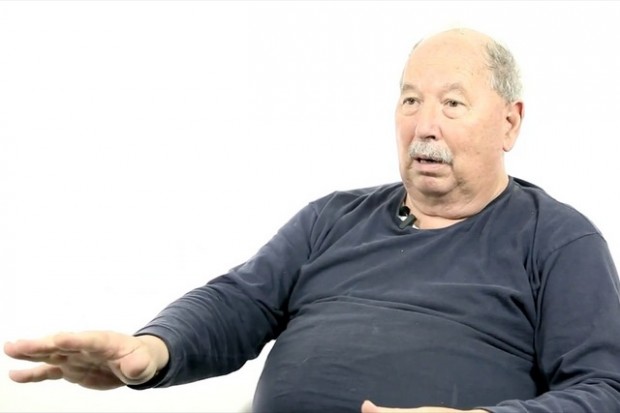
Another thing that my work challenges is one of the basic tenets of Lenin and Stalin, which is the so-called “agrarian crisis hypothesis”. As you may know, the foundation of Lenin’s policies was something that in Russian is called smychka, which meant an alliance between the worker and the peasant, so the so-called foundation of the October Revolution was this alliance between the peasants and the workers. One reason why Lenin and Stalin believed that the peasants would join the workers was the fact that agriculture was in crisis, and this was called the agricultural crisis hypothesis. What my work shows is that agriculture was doing not well in the central agricultural zone, so-called chernozyom, but it was doing well in Western Siberia, in the areas of expansion, so if you look at agriculture in total, you get this contrary result to Lenin and Stalin that agriculture was actually performing very well.
So I would say the basic conclusion that I drew was that the standard interpretation of the Bolshevik Revolution as having economic causes was incorrect.
I must say that this work was completed in 1982, which is a long time ago, and I did the work not in Russian archives, I did the work in the United States and in Germany, so I was not able to use all of the material and archives that are available. It is my hope that Russian scholars will take up this issue again. It’s always wise in a scientific discipline to have someone check your work; there’s no guarantee that I did not make mistakes or that later material will not show different results. I’m pleased to report that young Russian scholars have become very interested in this issue and they’re doing very good work, which so far, fortunately, confirms the results I found 30 or 40 years ago. One of the things that they are able to do that I was not able to do was to look at this on a regional basis: what regions were doing well, what regions were doing poorly — and this is a very important extension of my work. So it is my hope that Russian scholars will pursue this work with the full benefit of the Russian archives which are now open. Indeed, there are some preliminary results from young Russian scholars, which, fortunately, so far confirm what I found, but these younger scholars are able to expand my work and look at which regions were prospering, which regions were not, and the results, by the way, are quite interesting, because they find that Siberia was among the most prosperous regions and the Far North was among the most prosperous regions, and any region on the border was prosperous. So therefore I look forward to a considerable amount of work on this issue being done. When I did this work, I was basically the only one interested. Now there’re many scholars interested. If work like this is going to be done, it must be done in Russia by Russians. And I think this is happening, and I’m pleased that I gave some impulse for this kind of research.
Russia must come to terms with two major historical issues. One of this is the Russian economy and society before the Revolution: why did the Revolution occur? Was there a justification for the Revolution? Did the Revolution somehow make Russia better off? — This is a very important historical question. The other question is Stalin and the Stalin command economy, because here you have this very interesting result that a mass murderer who killed 20–30 million people, not counting war, is regarded very highly by a large percent of the Russian population. So to me if Russia is to come to terms with its history, it has to answer these two questions.












